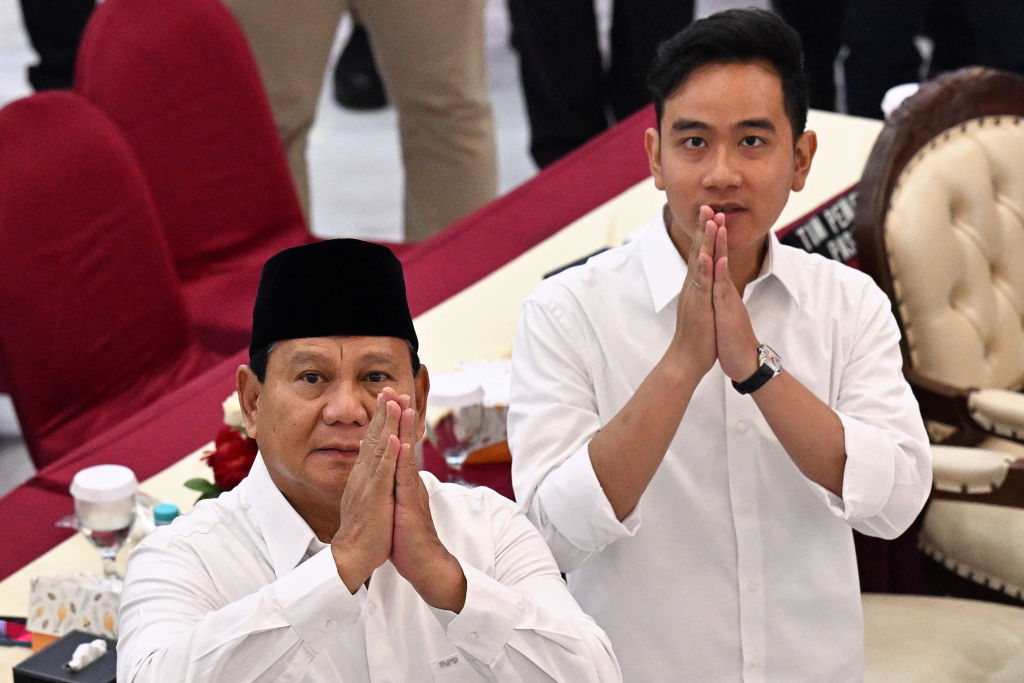On 22 August, following a massive social media backlash and star-studded protest movement organised by civil society groups, Indonesia’s House of Representatives (DPR) capitulated to protesters’ demands to abort a controversial Local Elections Bill that was scheduled for passage that day. The Bill, hastily submitted the night before, was a brazen attempt by the DPR to flout two Constitutional Court rulings that would have made the upcoming regional elections more competitive and free from President Joko Widodo’s latest attempt to strengthen his political dynasty.
First, the Local Elections Bill proposed to reinstate impossibly high thresholds for political parties, requiring them to secure 25% of the popular vote or 20% of seats in local legislatures to field a candidate. The Court’s landmark ruling significantly lowered the bar, allowing smaller parties including those with no seats to nominate candidates.
Second, the Bill sought to defy the Court’s ruling on the minimum age of candidates. This change would enable Jokowi’s youngest son, Kaesang Pangarep, to run.
Prabowo faced the risks of not only taking the blame for Jokowi’s personal ambition but also launching his long-awaited presidency with social unrest.
The DPR’s decision to withdraw the Bill was announced by the Deputy Speaker and right-hand-man of Prabowo Subianto, highlighting the involvement of the President elect.
While civil society activists are justifiably celebrating the outcome, it represents at best a partial victory. Prabowo’s acquiescence appears to be driven more by political calculation than genuine concern for constitutional and democratic principles. And although the Court ruling might improve the quality of electoral competition by introducing more candidates, Prabowo’s big-tent coalition has unmatched resources that could allow it to maintain its monopoly.
The crisis represents the first test in Prabowo-Jokowi partnership, which observers have compared to the Duterte-Marcos alliance in the Philippines. Prabowo, whose running mate Gibran Rakabuming Raka is Jokowi’s eldest son, owed much of his victory to Jokowi’s endorsement and political interference. In exchange, he was expected to protect Jokowi’s family interests and carry on his legacy, particularly the construction of a new capital city. But the public resistance to the Bill allowed Prabowo to dodge some of his political debts to Jokowi while posing as a hero to pro-democracy activists.

The protest, though smaller than previous opposition movements witnessed across Jokowi’s term, was more grassroots and came at a critical time. By ignoring it, Prabowo faced the risks of not only taking the blame for Jokowi’s personal ambition but also launching his long-awaited presidency with social unrest. Soon after the 22 August protest, Prabowo deplored the 1998 mass movement, labelling it a political chaos “engineered by foreign powers” that sought to destabilise the nation. He thus viewed such movements not as democratic achievements to be celebrated, but as potential threats to be thwarted before they become too widespread.
Amid escalating protests, Prabowo met with Jokowi and advised the outgoing president to abide by the Court’s rulings and to tell his youngest son to “focus on his business rather than participating in regional election”. Jokowi was forced to relent. Previously, as with the Job Creation Law and Anti-Corruption law, Jokowi confronted popular resistance through a combination of legal-political manoeuvring with blunt repression. But this time, he simply ran out of time as the registration for local candidates was to begin on 27 August.
There is no guarantee that the increased competitiveness will be matched by fairness, particularly outside Jakarta.
The local elections that are scheduled for late November are likely to be more dynamic, with more parties able to field alternative candidates. The most significant impact will be in the Jakarta gubernatorial election, which will no longer be a one-horse race with the candidate from Prabowo’s coalition running unopposed. Previously no parties had enough votes to put forth a challenger. But now, another candidate might emerge from PDIP, Jokowi’s former party turned rival. Whoever wins in Jakarta might use the governorship as a launchpad for a future presidential bid.
However, there is no guarantee that the increased competitiveness will be matched by fairness, particularly outside Jakarta. Prabowo has learned from Jokowi how to mobilise state resources to shift electoral dynamics in his favour, by exploiting legal yet ethically dubious tactics. Meanwhile, following the government’s decision to postpone many local elections originally set for 2022–23, Jokowi strategically appointed allies as “acting regional heads” in several regions. As of July this year, 10 of these government appointees were preparing to stand in the November elections, each benefitting from incumbency and owing their positions to Jokowi.
Overall, the mass protests defending the Constitutional Court’s rulings have inadvertently assisted Prabowo in his first clash with Jokowi. This does not imply that civil society was co-opted, but rather that, as often seen in Indonesia, public pressure tends to be more effective when it coincides with elite interests. Jokowi may still have some tricks up his sleeves for the next showdown.

